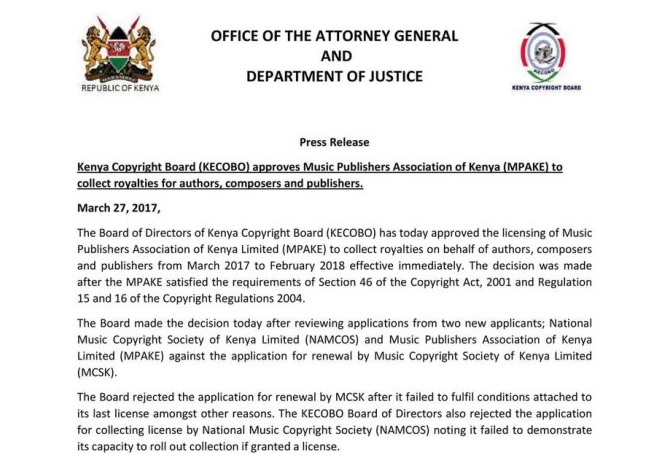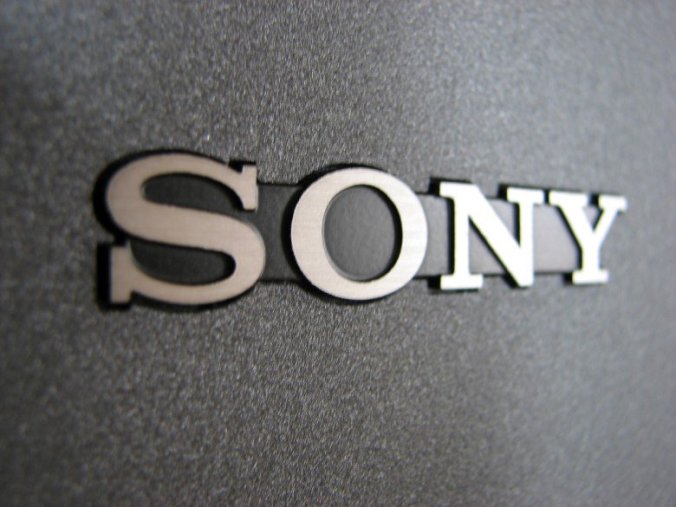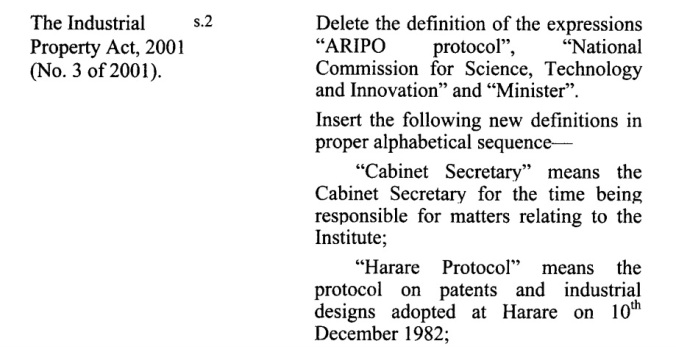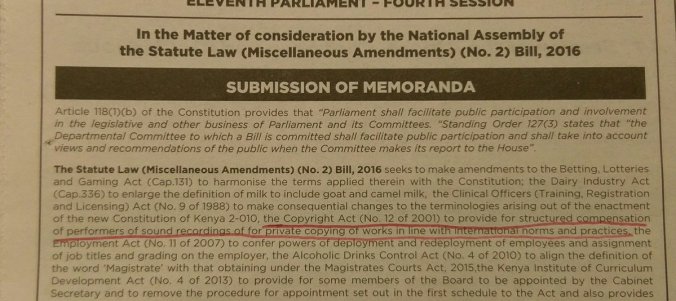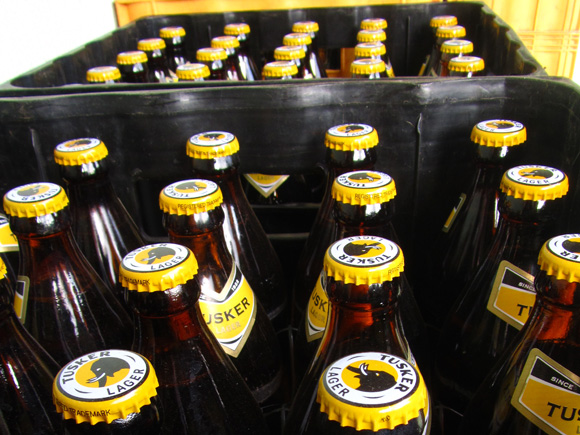
- A Kenyan painter’s art questions China’s deepening reach in Africa [Quartz]
-
Implementing AfCFTA: When and How? [tralac]
- Draft ICANN Africa Strategic Plan 2016-2020 Version 3.0 [Have Your Say]
- How to sue a plagiarist – an opinion on the law and plagiarism [Stellenbosch]
- Interesting end to Crown Hotel-Crowne Plaza Trade Mark Dispute [Addis Fortune]
- South Africa: Fostering technology innovation [Cape Town]
- Kenya: What happened to the boy who chased away the lions? [BBC]
- Zambia: Government urges users to take up ZARRSO licences [IFRRO]
- Ethiopia: New legislation for plant breeders’ rights [A+ Bunch of Lawyers]
- African thought leaders on the Berkman Klein list of 2018-2019 Fellows [Harvard]
- Vacancies: Development, Innovation & IP @ The South Centre [Apply Now]
- WIPO Indigenous Fellowship Program [Deadline September 21, 2018]
For more news stories and developments, please check out #ipkenya on twitter and feel free to share any other intellectual property-related items that you may come across.
Have a great week-end!
